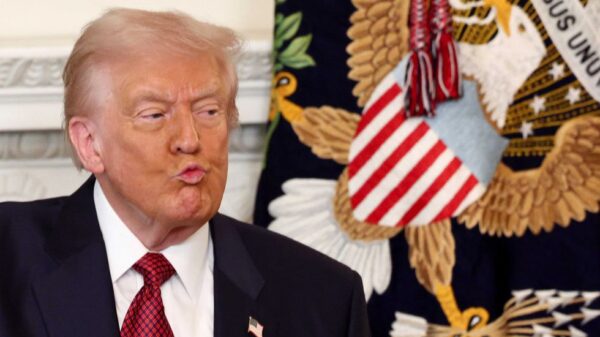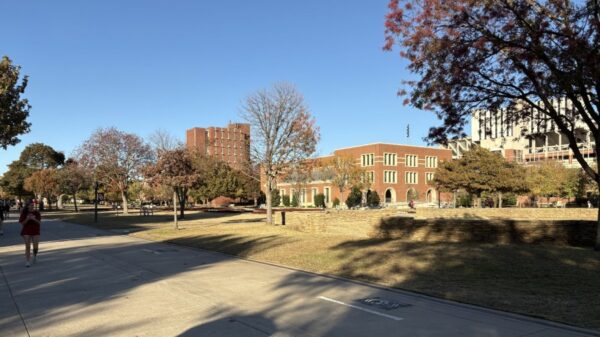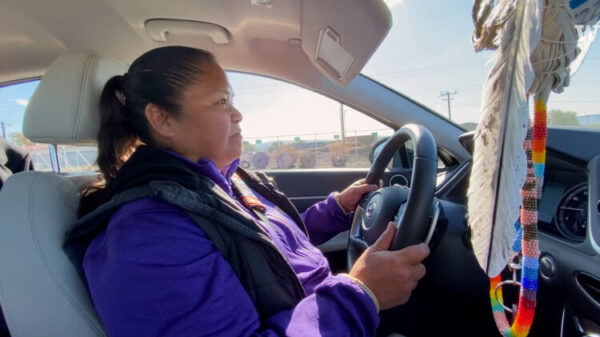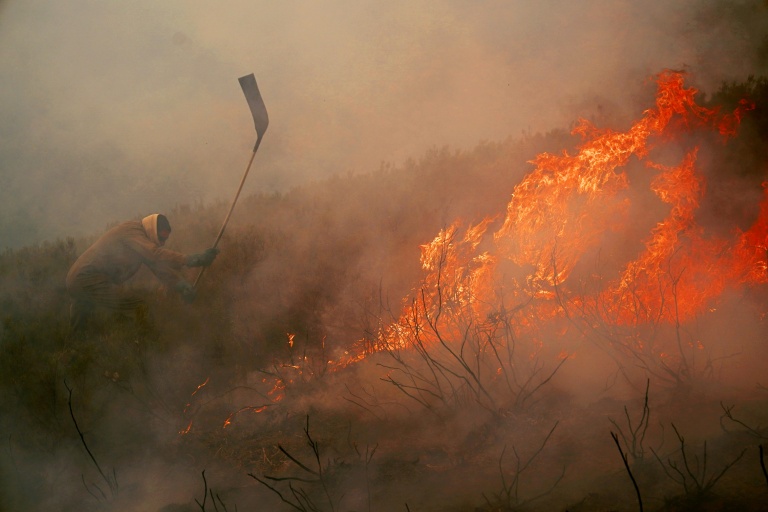Wildfires raging across Spain this summer are significantly increasing pressure on Prime Minister Pedro Sanchez, who is already grappling with a series of corruption allegations involving his inner circle. The persistent crises are exacerbating tensions between Sanchez’s Socialist minority government and the conservative Popular Party (PP), which governs several of the regions most affected by the devastating fires.
According to the European Forest Fire Information System, over 415,000 hectares have been destroyed, primarily in August 2023, marking a record high since tracking began in 2006. The fires have tragically resulted in the deaths of four individuals and led to the evacuation of thousands. The Socialist government has criticized the PP for not implementing effective fire prevention measures and for downplaying the impacts of climate change.
The PP has countered these claims by suggesting that arson is largely responsible for the fires, accusing the central government of inadequately providing resources, including military support. PP leader Alberto Nunez Feijoo has proposed the establishment of a national registry for arsonists. In response, government minister Angel Victor Torres emphasized on public television that disaster response falls under the jurisdiction of regional governments. He stated, “The opposition leader shows up and points fingers instead of helping,” referring to the proposed registry.
In a similar vein, Defence Minister Margarita Robles criticized PP-led regional governments for their inaction. She remarked, “When there has been no investment in prevention, it is not enough to say, ‘The army will arrive.'” PP spokesperson Ester Munoz rejected these assertions, arguing that the government was scapegoating local authorities instead of addressing the root issues. “The response of a serious government should be ‘where and when do you need resources,'” she stated.
The political discourse surrounding the wildfires echoes previous controversies, including the response to severe flooding in Valencia in October 2024, which also occurred in regions governed by the PP. This political turmoil comes at a time when Sanchez’s reputation has already been tarnished by ongoing investigations into alleged corruption within his administration.
Notably, Sanchez’s wife, Begona Gomez, is scheduled to appear in court in September regarding allegations of embezzling public funds linked to her former position at Madrid’s Complutense University. Sanchez has dismissed these claims as politically motivated attempts to undermine his government. Additionally, his former aide, Santos Cerdan, was detained in June amid a probe into alleged kickbacks associated with public contracts. His younger brother, David Sanchez, has been under investigation since 2024 for various financial misconduct allegations.
With his minority government relying on smaller regional parties, Sanchez faces significant challenges in passing legislation and securing a budget. Feijoo has dismissed Sanchez as a “zombie” leader, citing his struggles to enact laws effectively and advocating for early general elections to resolve the political stalemate.
As the wildfires continue to threaten lives and livelihoods across Spain, the political fallout from this crisis is likely to have lasting implications for Sanchez’s administration and the broader landscape of Spanish politics.





































































